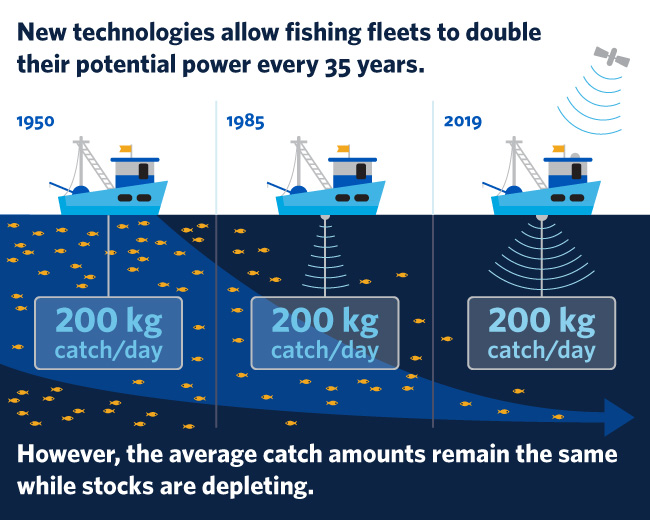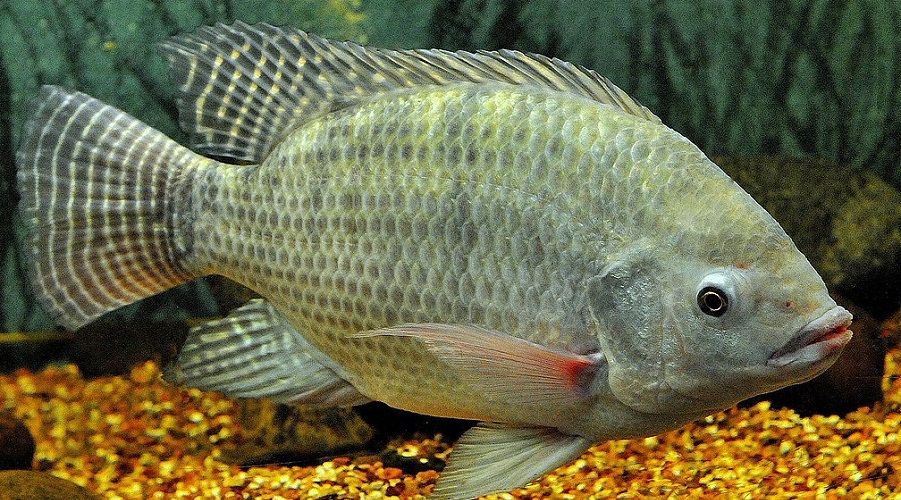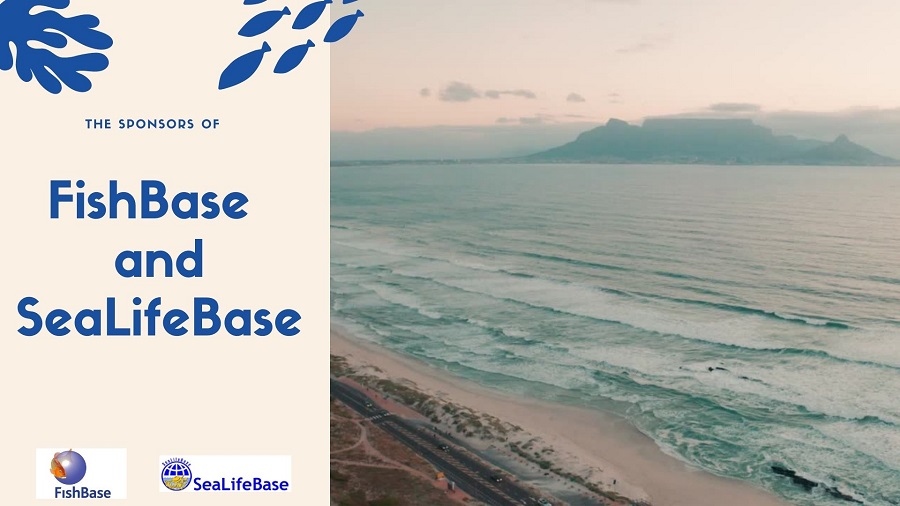
Technological advances are allowing commercial fishing fleets to double their fishing power every 35 years and put even more pressure on dwindling fish stocks, new research has found.
Researchers from the Sea Around Us initiative at the University of British Columbia analyzed more than 50 studies related to the increase in vessels’ catching power and found that the introduction of mechanisms such as GPS, fishfinders, echo-sounders or acoustic cameras, has led to an average two per cent yearly increase in boats’ capacity to capture fish.
Continue reading →








